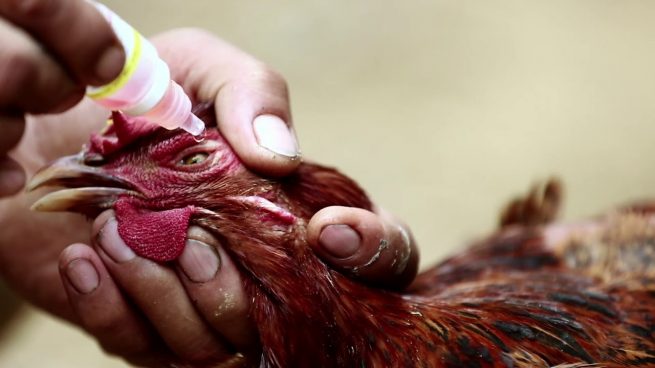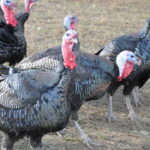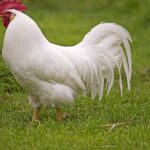Protect Your Flock: Know Common Poultry Diseases in Kenya
Poultry farming is an important source of livelihood for many Kenyans. It provides income, food security, and employment opportunities. However, poultry farmers face many challenges, one of which is the risk of disease outbreaks. Poultry diseases can have devastating effects on a farm, leading to the loss of birds, reduced productivity, and even closure of the business. Therefore, it is essential to know the common poultry diseases in Kenya and how to prevent or manage them.
Don’t Let Poultry Diseases Devastate Your Livelihood
Poultry diseases can affect all types of birds, including chickens, ducks, geese, and turkeys. They can be caused by viruses, bacteria, fungi, parasites, or nutritional deficiencies. Some of the common poultry diseases in Kenya are Newcastle disease, infectious bronchitis, avian influenza, fowl pox, coccidiosis, and Marek’s disease.
The symptoms of these diseases vary, but they may include respiratory problems, diarrhea, reduced egg production, weight loss, lethargy, and sudden death. Infected birds should be isolated and treated immediately to prevent the spread of the disease to the rest of the flock. In severe cases, euthanasia may be necessary to prevent suffering and further contamination.
Prevention is the best approach to avoiding poultry diseases. This includes maintaining good hygiene, providing a nutritious diet, avoiding overcrowding, and vaccinating the birds. Regular monitoring and testing of the flock can also help to detect and control diseases early. It is critical to follow the guidelines and recommendations from veterinarians and agricultural extension officers to ensure the health and well-being of your birds.
Stay Ahead of the Game: Learn About Common Poultry Diseases in Kenya
To protect your flock from diseases, you need to be informed and proactive. Take advantage of the resources available to learn about the common poultry diseases in Kenya and how to prevent and manage them. Consult with veterinary professionals, attend training sessions, and read relevant publications. Join farmer groups and associations to share knowledge and experiences with other poultry farmers.
Invest in the necessary equipment and supplies for disease prevention and control, such as disinfectants, vaccines, and protective gear. Keep records of your flock’s health and performance, and use this information to make informed decisions about disease management. By staying ahead of the game, you can reduce the impact of poultry diseases on your livelihood and ensure the sustainability of your business.
Protect Your Flock: Know Common Poultry Diseases in Kenya
In conclusion, poultry diseases can have severe consequences for your farm and livelihood. However, with the right knowledge, tools, and practices, you can protect your flock and minimize the risk of disease outbreaks. Stay informed and proactive, and work closely with veterinary professionals and extension officers to ensure the health and well-being of your birds. Remember, prevention is always better than cure, so invest in disease control measures and keep your flock healthy and productive.





